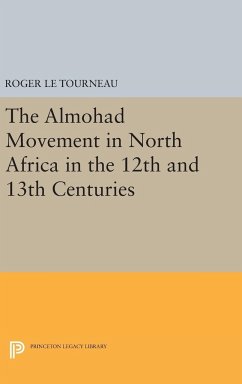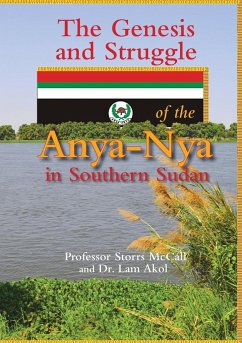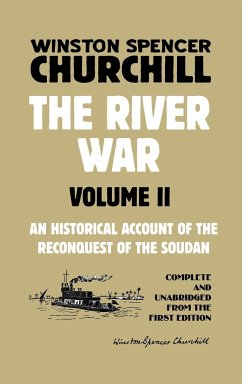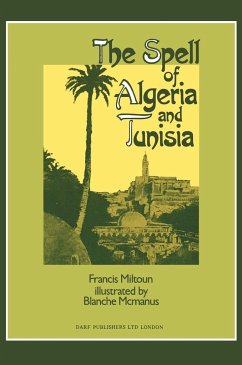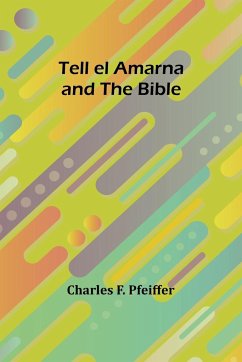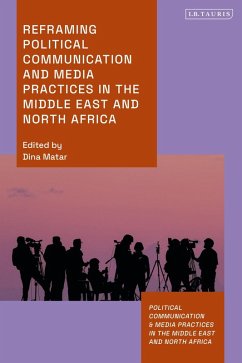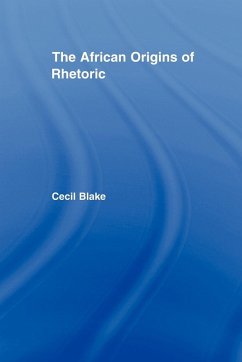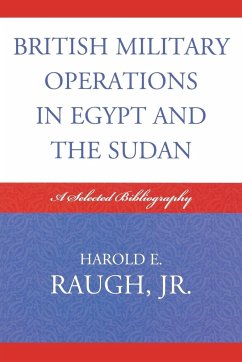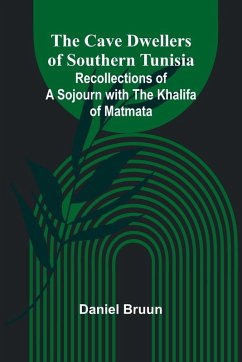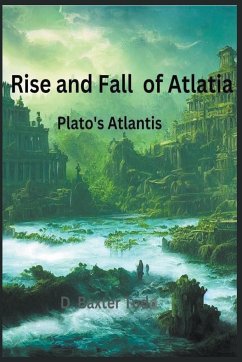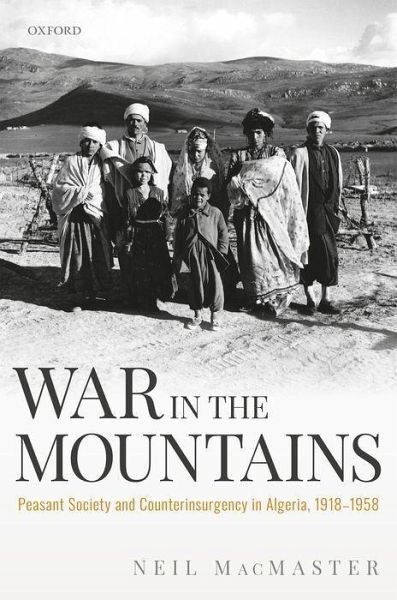
WAR IN THE MOUNTAINS C
Versandkostenfrei!
Versandfertig in 1-2 Wochen
174,99 €
inkl. MwSt.

PAYBACK Punkte
87 °P sammeln!
The role of the peasantry during the Algerian War of Independence (1954-1962) has long been neglected by historians, in part because they have been viewed as a 'primitive' mass devoid of political consciousness. War in the Mountains: Peasant Society and Counterinsurgency in Algeria, 1918-1958 challenges this conventional understanding by tracing the ability of the peasant community to sustain an autonomous political culture through family, clan, and village assemblies. The long-established system of indirect rule by which the colonial state controlled and policed the vast mountainous interior ...
The role of the peasantry during the Algerian War of Independence (1954-1962) has long been neglected by historians, in part because they have been viewed as a 'primitive' mass devoid of political consciousness. War in the Mountains: Peasant Society and Counterinsurgency in Algeria, 1918-1958 challenges this conventional understanding by tracing the ability of the peasant community to sustain an autonomous political culture through family, clan, and village assemblies. The long-established system of indirect rule by which the colonial state controlled and policed the vast mountainous interior of Algeria began to break down after the 1920s. War in the Mountains explains how competing guerrilla forces and the French military sought to harness djemâas as part of a hearts-and-minds strategy. Djemâas formed a pole of opposition to the patron-client relations of the rural élites, with clandestine urban-rural networks emerging that prepared the way for armed resistance and a system of rebel governance. Contrary to accepted historical analysis suggesting that rural society was massively uprooted and dislocated, War in the Mountains demonstrates that the peasantry demonstrated a high level of social cohesion and resistance based on powerful family and kin networks.





